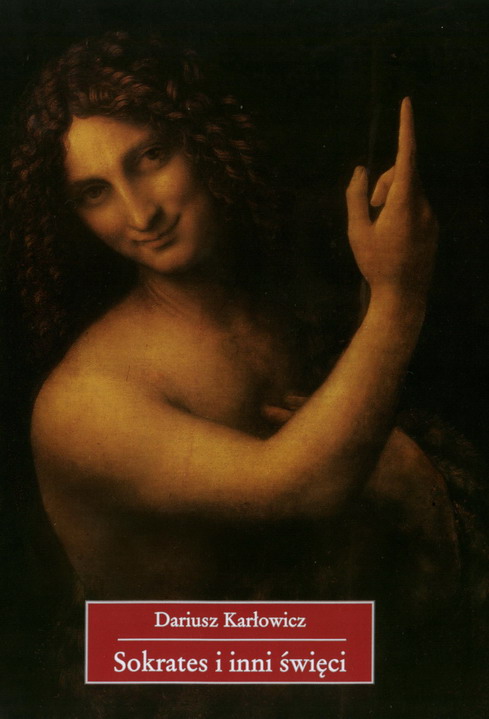So far this blog has spent some time on unpopular causes by exploring recent historical research. For example, this post took on the widespread idea of the early Church as a hippie commune, whereas this one suggests pluralism is an old hat issue for Christians.
In the latter post I quote Robert L. Wilken as saying, “Christians, however, have long had to face the challenge of other religions.” My esteemed colleague Peter Escalante responded to Wilken with the following, “Christians have long had to face the challenge of other Christians.” This is also true (even if Calvinism is a very recent phenomenon).
Messy pluralism always flourishes within Catholic orthodoxy, whereas heresies have attempted to clean up the holy mess. Who’s responsible for this? Dariusz Karłowicz, a Polish scholar of the Fathers, singles out the following benefactor in his Socrates and Other Saints:
Christianity might owe its variety of legitimate paths, or as Clement of Alexandria puts it, streams that feed the current of a river, to this very detachment from any particular philosophy. This variety would have been unthinkable had Constantine chosen to impose the Stoic, Epicurean or Platonic ways of life, and their attendant restrictions, upon his empire after the Battle of Milvian Bridge. And so it is not just a matter of what would have been the official philosophy of the empire, but also what elements of the pagan heritage would have been decisively excluded. It is possible that dialectic (cynics) would have been excluded, or poetry (Plato), while everyone, without exception, including the butcher and tailor, would haven been required to learn astronomy, geometry or music. The varieties of Christianity, incomprehensible to the Greek spirit, point toward a certain non-rigorous optimism,which gives expression to the belief that the world is essentially good and so the greatest works of humanity could not have come into being without God’s will and God’s inspiration.
This passage is from the book Sokrates i inni święci recently translated by yours truly and published as Socrates and Other Saints by Wipf and Stock. The book contains plenty of other surprising insights as it goes through the writings of Justin Martyr, Tertullian, Clement of Alexandria, Origen, and their strategy of presenting Christianity as a philosophical way of life.












